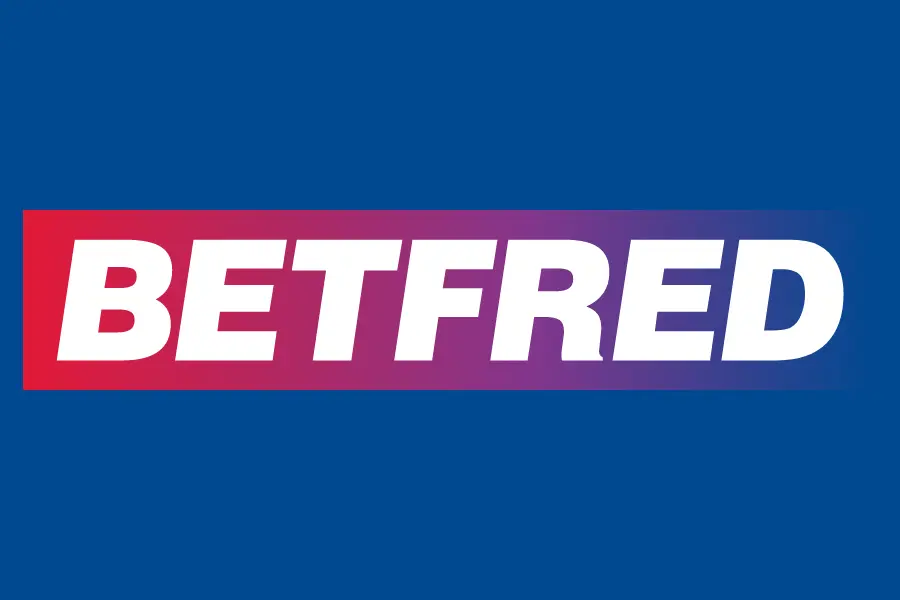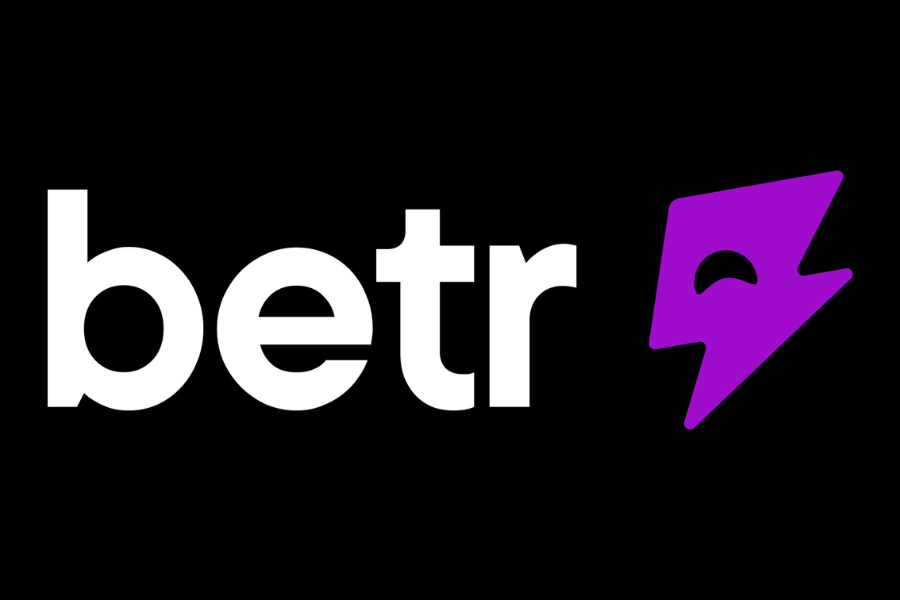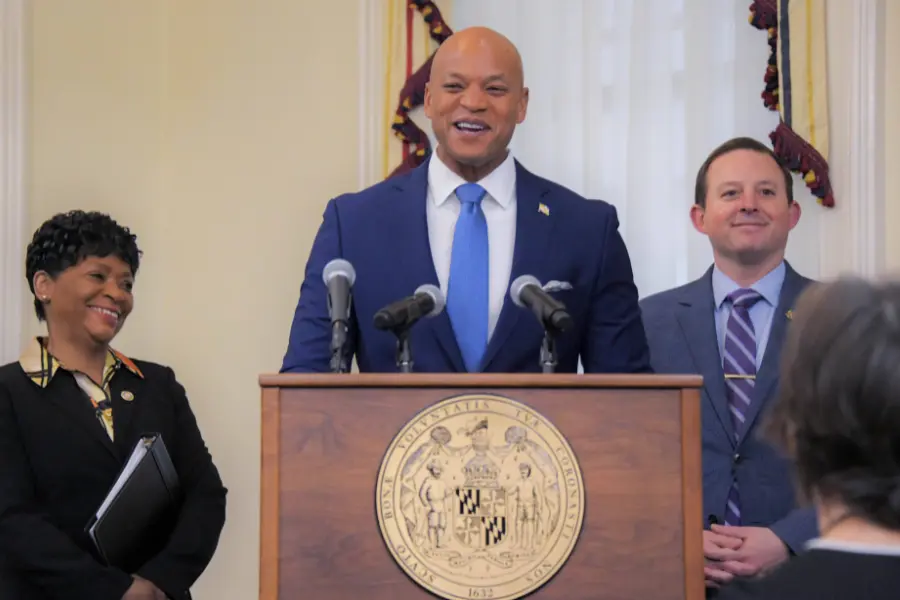But as can be implied by the brevity of the bill named SB621, sponsoring Democratic state Senators Craig Zucker and Shelly Hettleman don’t offer extensive details.
The core principle is that the Maryland Lottery and Gaming Control Commission would be required, by the end of 2023 to:
“…identify and accredit certain independent evaluators to evaluate certain sports wagering content provided by certain sports wagering experts, sports wagering influencers, and content partners; requiring the Commission to establish standards of practice governing sports wagering content; requiring certain sports wagering licensees and sports wagering operators to contract with certain independent evaluators for certain purposes; and generally relating to sports wagering and the evaluation of sports wagering content.”
Who Qualifies As An “Independent Evaluator” According To The Bill?
It’s someone who “shall have demonstrated experience and expertise in evaluating and rating sports wagering content” while having an auditing process in place and who does not have an official relationship with a sportsbook operator.
However, the evaluator “may be compensated by a sports wagering licensee or sports wagering operator that utilizes the independent evaluator’s evaluations in its marketing materials.”
So if the so-called “tout” has a winning track record as shown by the evaluator, they can trumpet that achievement by advertising that fact.
As for “sports wagering content,” that sensibly means predictions of sporting event outcomes – whether point spreads, money lines, parlays, and so forth. But it’s not just pay-for-picks touts that would be under scrutiny: The same applies even for “no cost” predictions on sportsbook sites.
The plan is that by April 1, 2024, sportsbooks that advertise in Maryland would have to hire an approved independent evaluator to rate the track record of its “experts and influencers.”
A Senate Budget and Taxation committee hearing on the bill is scheduled for March 8 at 1 pm ET.
Follow Thy Neighbor?
The bill appears to have been inspired by a similar effort introduced in neighboring West Virginia just days earlier.
In one bill, the West Virginia Lottery Commission would be authorized
“to accredit independent evaluators to audit and opine on sports betting content directly or indirectly affiliated with management services providers; and subjecting management services providers and their direct or indirect affiliates to civil and criminal penalties.”
No penalties are mentioned in the Maryland bill sponsored by state lawmakers Clay Riley and William Nestor, but otherwise, the two are similar. It also specifically mentions “sharps” and “touts” who create sports wagering content via recommendations of how to bet on certain events.
The mandatory audit by selected independent evaluators would check content providers’ selections for “completeness, existence, accuracy, valuation, presentation, and occurrence.”
And as in Maryland, the evaluators’ conclusions could be used by sportsbooks in marketing to gamblers.
A West Virginia state Senate version initially sponsored by Republicans Jason Barrett and Michael Maroney and Democrat Michael Woelfel elaborates on what appears to be the point of each of these proposals:
“The purpose is consumer protection through setting standards and guidelines to combat predatory promotions/advertisement, remove industry bad actors, and create generally accepted evaluation practices.”
“Creating the guardrails now stabilizes the industry’s growth and prevents collapses seen in other more mature markets and other industries (i.e. cryptocurrency). The goal is not to restrict business in any way, it is to elevate the industry and protect the consumer.”
Bill sponsors will have to lobby their colleagues quickly, as the West Virginia legislative “regular session” schedule concludes on March 11 while the same is true of Maryland on April 10. The majority of U.S. states wrap up their legislative sessions in the first half of each calendar year.





